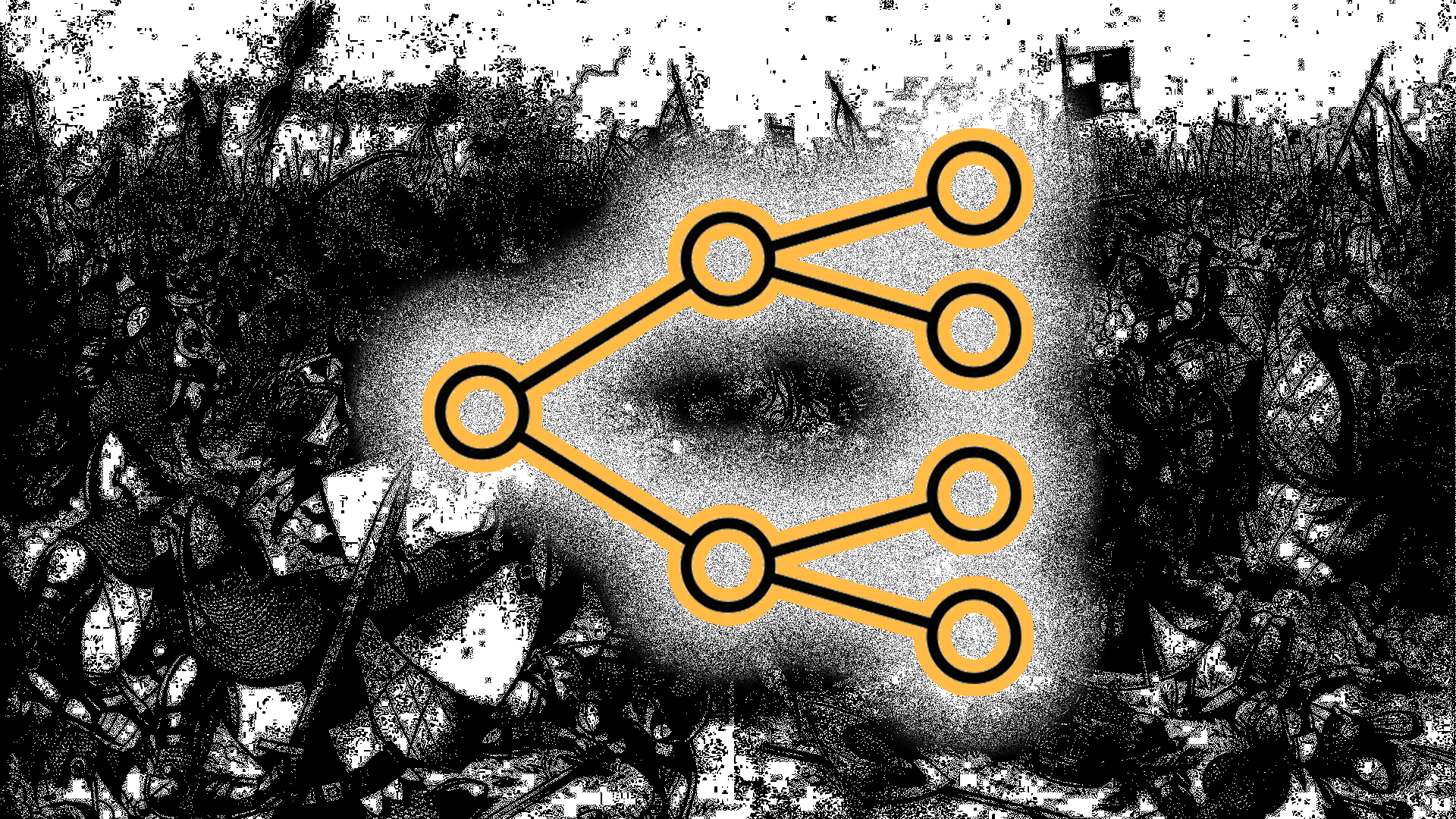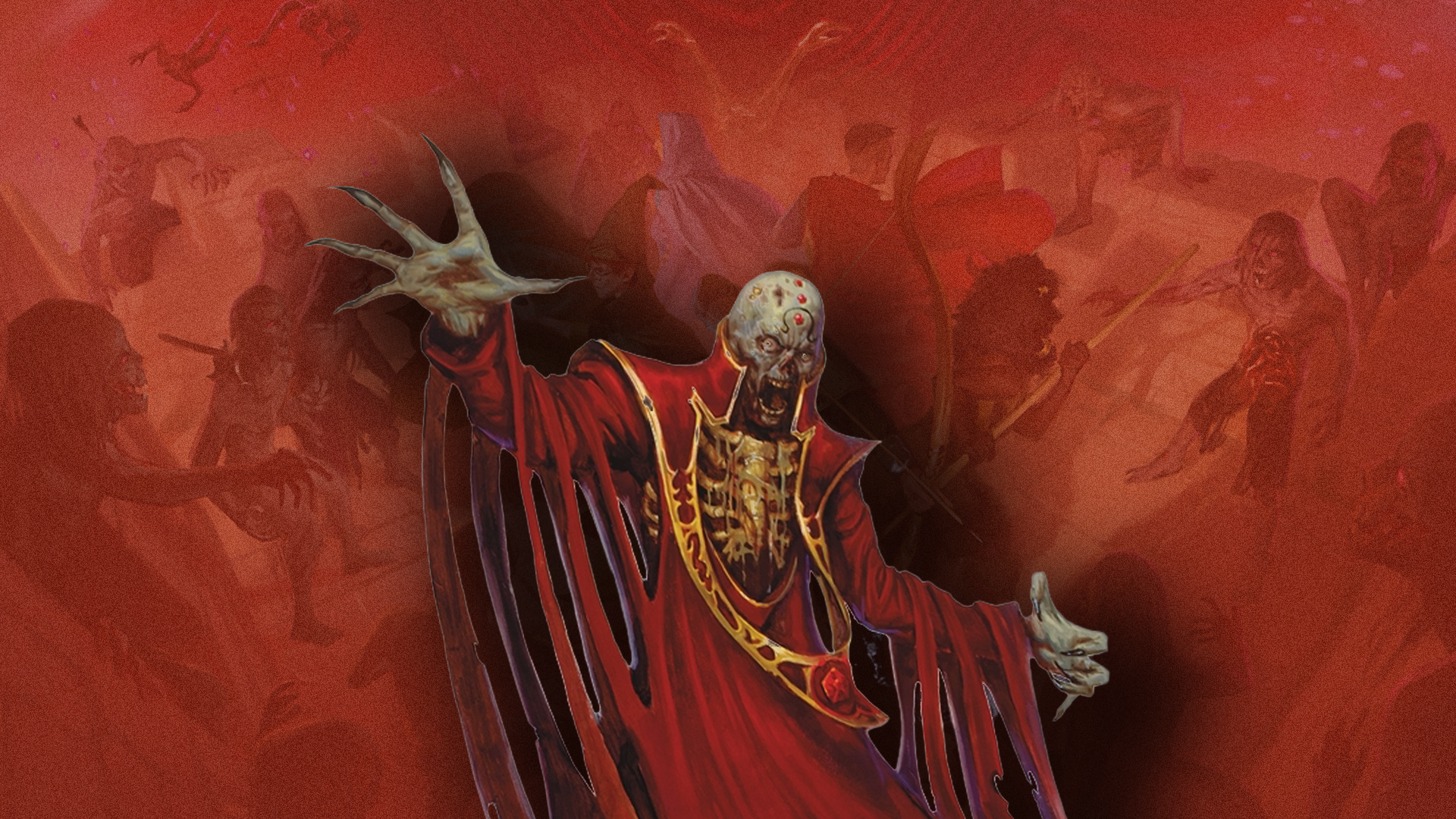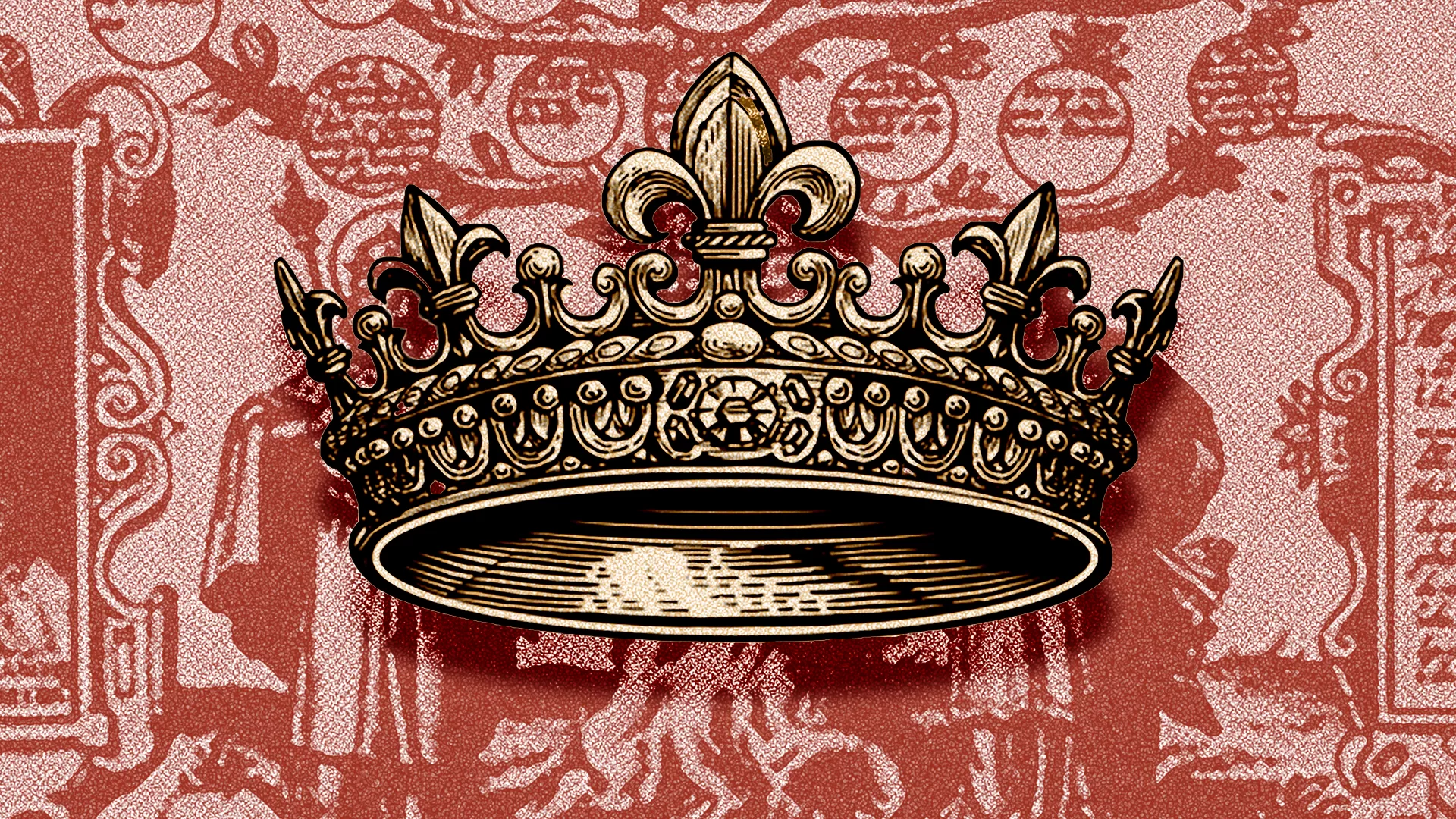There are 16 different languages (not counting Thieves Cant or Druidic) featured in the fifth edition of Dungeons and Dragons and I want to speak all of them. If you’re like me, you want to leave behind the days of asking “DM, can I read this? DM, can I talk to this guy? Does the ice dragon in the cave happen to speak that bit of gnomish language I picked up in high school?”. In this article, it’s my goal for us to learn how to speak every language in DnD as quickly as possible.

The Easiest Way to Learn Every Language in Dungeons and Dragons
There are several different ways to learn a language automatically as found in the core rulebooks.
- Grow up with the language. If you choose the dwarven race, you automatically get the dwarven language and this applies to all the other classes as well.
- Have it come with your race. Some races, like humans, automatically get common but ALSO get the choice of any other language they want.
- Possible with your Class. Ranger, for example, gets to choose a language each time they pick their favored enemy.
- Pick it up with your background. The Acolyte gains you +2 more languages of your choice. If you play your cards right, you can automatically start with more than 25% of the languages that DnD has to offer. But I think we can do better than that.
In order to cram all those different words at level one, we’re going to do a bit of cheeky wordplay and in-game rules to twist them in our favor. First off, there are no rules against losing a language once you have it under your belt (unless you count losing the effects of a spell, but I don’t). Second, there are in-text rules in the Player’s Handbook on how to pick up a new language. As long as your DM is relatively chill and listens to your winded explanation, you should be good.
| Language | Type |
|---|---|
| Common | Standard |
| Dwarvish | Standard |
| Elvish | Standard |
| Giant | Standard |
| Gnomish | Standard |
| Goblin | Standard |
| Halfling | Standard |
| Orc | Standard |
| Abyssal | Exotic |
| Celestial | Exotic |
| Draconic | Exotic |
| Deep Speech | Exotic |
| Infernal | Exotic |
| Primordial | Exotic |
| Sylvan | Exotic |
| Undercommon | Exotic |
The Elf Route
To begin, you’re going to start with a level one Elf and choose the High Elf subrace. When you choose Elf, you automatically get Common and Elvish. We went the High Elf route as well which means we get another language just for being born. You can choose whatever, but I am going with Dwarvish because I was a rebellious teenager. (Half-Elf also gets you 3 languages but since they’re getting phased out soon, I am leaving this out)
![Art] Cover art for the upcoming Strixhaven D&D book revealed! : r/magicTCG](https://i0.wp.com/knightsdigest.com/wp-content/uploads/2024/07/image-jpeg.webp?resize=1280%2C845&ssl=1)
So we currently have Common, Elvish, and Dwarvish and we’re just getting started!
Next, we’re going full Legolas and making you a Ranger and taking that extra language you get when you pick your favored enemy at level one. I am picking Humanoid as my favored foe and Giant for the language.
Finally, we’re going to go with the Sage background, because just like Acolyte, you get to pick two different languages. Let’s pick up Celestial and Abyssal just to be quirky.
We are really speaking some tongues, we’ve got: Common, Elvish, Dwarvish, Giant, Celestial, and Abyssal at level one!
A Look at the Sacred Texts
Now this is where we look closer to the sacred texts (the Player’s Handbook). On page 187, there is a section on Downtime Activities. Under that, you’ll find the subsection called training. This section is great to visit if you find that life is dull in your world between adventures. But for today, I am most interested in what says here:
You can spend time between adventures learning a new
– Player’s handbook (187)
language or training with a set of tools. Your DM might
allow additional training options.
First, you must find an instructor willing to teach you.
The DM determines how long it takes, and whether one
or m ore ability checks are required.
The training lasts for 250 days and costs 1 gp per day.
After you spend the requisite amount of time and money,
you learn the new language or gain proficiency with
the new tool
The last line is what caught my eye. If you are willing to pay out 250 gold pieces and go every day to a trainer, then bam, there’s a language right there. For a human like you or me, that is a hefty time commitment. But for an elf? That’s like a blink of an eye for them.
Now since our character already speaks 6 languages right off the get-go, that whittles our 4,000 Gp and 4,000-day commitment down considerably (honestly is 4,000 even a lot? I mean a human could do this in 10ish years if they had the hutzpa). With still needing to learn 11 more languages to really round out our education, that leaves us with a commitment of 2,750 days and Gp. In just over 7 and a half years, you can have a level 1 character that speaks every language in the game.
The funny thing about all of this? It never says how long these training sessions are. The Player’s Handbook says that a Short Rest is a “period of downtime” which means that your chit-chat only has to last an hour, you thank your trainer, and then you give them their gold on your way out. If you took out the fact that training specifically takes 250 days, you could learn a language every 270 hours, or 11.25 days (Learning the remaining 11 languages in about 123 days).

Another Way to Learn Every Language in Dungeons and Dragons
If your DM isn’t okay with you knowing every language right at the start, that’s pretty understandable. There’s a lot of fun and adventure to be found in finding that one guy who learned Deep Speech as a party trick or decoding a language around the table with your friends. If you’re willing to leave behind learning every language at level one, I have some cheeky builds below that will benefit you as you level up.
The Build to Know As Many Languages As Possible
This build is stupid and pointless in any campaign, but if you want to read and talk about every book anywhere and everywhere, this is for you. Also I love this character so be nice to it.
You’re going to pick High Elf again, pick Ranger, and get that sweet Acolyte class. At level one you speak Common, Elvish, Dwarvish, Giant, Celestial, and Abyssal. When you reach to level 4, instead of an ability score improvement, we are going to choose the Linguist Feat and receive 3 languages. We’re choosing Orcish, Deep Speech, and Undercommon. We’re going to get that ranger up to level 14 and pick up two more languages due to our favored enemy feature. With that, go ahead and pick up Halfling and Gnomish.
After being level 14 and having 11 languages under your tongue, you’re going to pick up one level of Knowledge Domain that the Cleric boasts and pick two more of our dwindling options. I’m going with Primordial and Slyvan.
At level 15 and 13 languages deep, you can go ahead and pick up 3 levels of Rogue so that we can get that Master of Intrigue Archetype that allows us to get the languages of Infernal and Goblin.
We are now at level 18, with 15 out of the 16 languages available to our greedy fingertips. How are we going to collect that last one you might ask? Well, it all starts with the dragons and the bees, a long time ago with one of your ancestors.
At level 19 you are going to take one level of Draconic Sorcerer, allowing you to be able to speak, read, and write in Draconic.


Total Party Kill Productions
Delve into the Dungeon
Step into the world of adventure with these Dungeon Delver Club shirts—the depths are calling, answer the call!
Keen Mind
The Keen Mind feat allows anyone who picks it to gain the following ability, you can accurately recall anything you have seen or heard within the past month.
Going with the level one build from earlier before the intense training session, you can really learn 11 languages during that time and as long as you repeat those training sessions in your head in your free time, you’re set. You won’t even forget which language you haven’t studied yet due to the whole recalling everything bit.

For Our 1st Through 3rd Edition Homies
In older editions of the game, there was a spell called Permanency that a caster could cast upon themselves to make the effect of a spell permanent. This could be combined with the tongues spell, which would allow the user to speak and understand any language forever.
This game-breaking spell was called a Universal spell and shared the same ranks as Wish but could be achieved at level five.
There are also other spells such as Comprehend Languages in 5th edition that allow you to understand every spoken language but you can’t write it and you can only read it if you’re touching it. This spell is super helpful for the hour you have it.
Tongue of the Sun and Moon
Simply enough, you know every language due to your relationship with the ki of other minds.
Halt!
Take A Moment and Support Knight’s Digest!
Adventurers, if you’ve enjoyed the content we’ve worked so hard to create, we humbly ask for your support. Running Knight’s Digest takes countless hours of dedication, creativity, and passion, and we’d love your help to keep our dungeon full of treasure (and coffee).
If you think we’ve earned it, consider donating to help us continue crafting the stories, resources, and ideas you love.
Make a one-time donation
Make a monthly donation
Make a yearly donation
Choose an amount
Or enter a custom amount
Your contribution is appreciated.
Your contribution is appreciated.
Your contribution is appreciated.
DonateDonate monthlyDonate yearlyResources
- https://www.wargamer.com/dnd/languages
- Crawford, J., Thompson, R., Lee, P., & Wyatt, J. (2014). Player’s handbook: [Dungeons & dragons]. Renton, WA, Wizards of the Coast.









